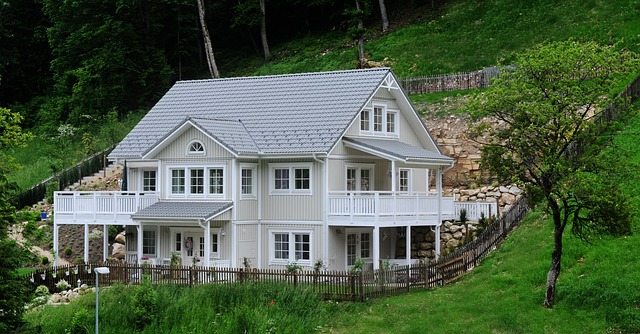A vacation home can be a wonderful luxury and sometimes even a good investment, but there are some important factors to consider before making the leap into second-home ownership—such as insurance costs. Just like your primary home, you’ll need to insure your vacation home against burglary, fire, weather damage, liability and other risks. Because insurance can add significantly to the price of buying and owning a vacation home, you may want to consider the likely insurance costs before deciding on a specific property.
Key Factors Impacting Vacation Home Insurance Costs
For a number of reasons, insurance for a vacation home can be more expensive than the coverage on your primary residence. Notably, your second home may often be unoccupied, putting it at greater risk for theft, vandalism and undetected damage, like burst water pipes. When you shop for a vacation home, it’s important to recognize that the following factors will impact your insurance costs:
- Location—The location of any home is always a factor in pricing insurance policies, but it can be especially significant for vacation homes. The very location that makes a vacation home desirable may also make it more expensive to insure. For instance, a ski house or hunting lodge in a remote or mountainous area could be at greater risk for damage due to wildfire. A beach house may be more exposed to wind damage or storm surge from a hurricane. These location-based risks will impact the price of coverage, and in some cases may even incur higher deductibles.
- Type of Property—As is the case with any house, a vacation home’s age and types of building materials used will impact the cost of insurance. In addition, these costs will vary depending on whether your second home is a single-occupancy house, a condominium or a townhouse. A condominium, for instance, may have lower insurance costs because the homeowners association maintains and insures the exterior of the property and may provide security. Generally, the cost of insuring the structure of the unit will be included in the monthly maintenance fees. Your personal condo insurance will cover your belongings and specific areas of the unit listed in the policy.
- Amenities—If your vacation home has a pool, hot tub or other special amenity that adds risk, you may pay a higher insurance premium. You may also want to purchase more liability protection as these items are considered “attractive nuisances” that lead to a higher probability of liability claims being filed.
Will You Rent Your Property?
If you plan to rent your vacation home to others, your homeowners insurance costs will likely increase, and you may need to purchase additional coverage. Your insurance needs will depend on how often you rent out the property and for how long. For a one-time short-term rental, you may be able to add a simple extension (an “endorsement”) to your existing homeowners policy. On the other hand, if you plan to regularly rent out your second home, you may need separate business coverage or a landlord policy. While some rental services, such as Airbnb and VRBO, offer coverage for homeowners, it’s important to read the fine print to determine limits and exclusions.



